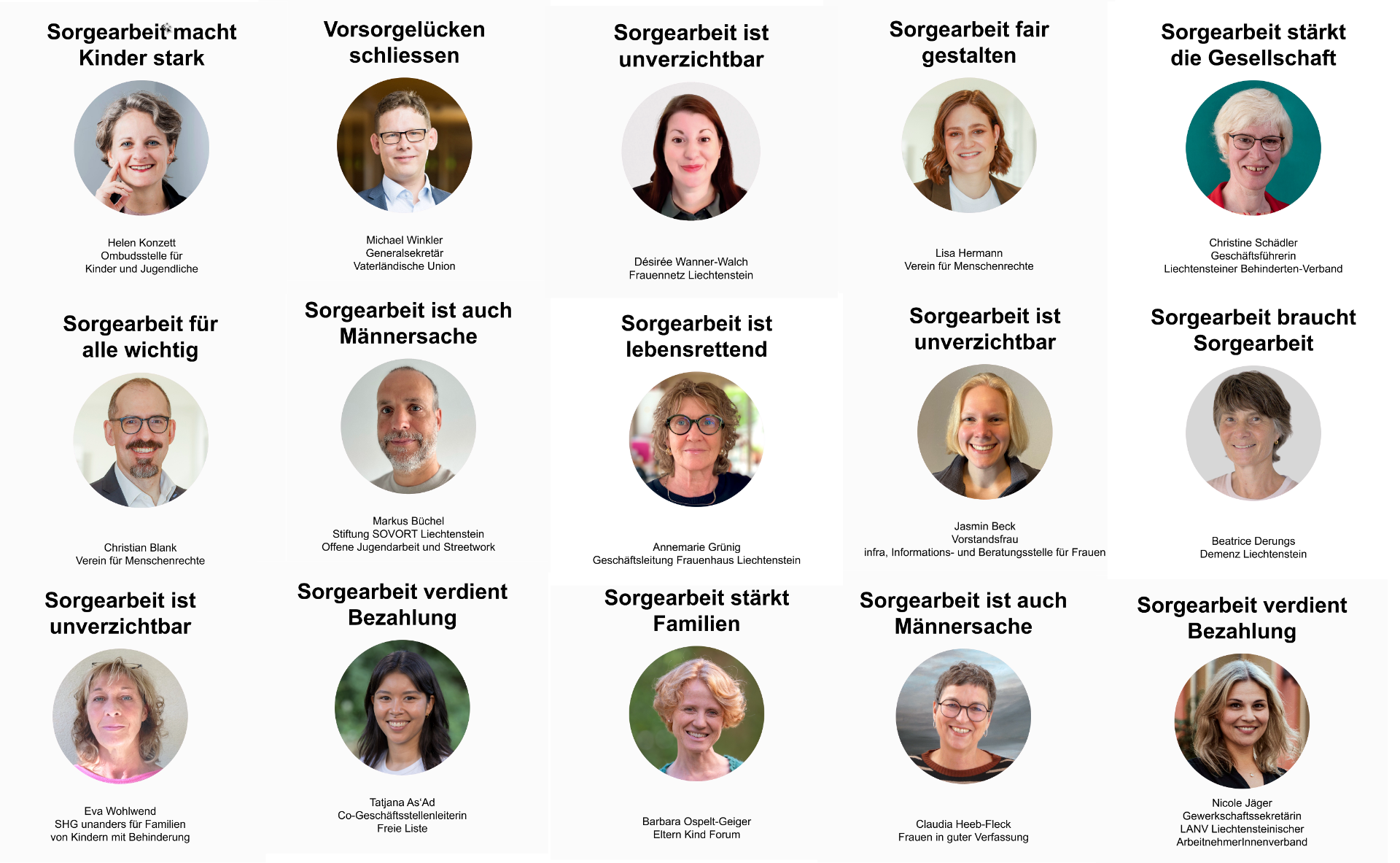Equality and inclusion
Gender equality, equal rights for queer people and inclusion of people with disabilities: The three goals have one thing in common - all people are entitled to equal rights and opportunities. They must not be discriminated against or prevented from personal development because of their gender, sexual orientation or a personal characteristic. We are called upon to recognize the rights and needs of these groups and to take measures for equality and inclusion.
On January 17, 2024, the UN Convention on the Rights of Persons with Disabilities came into force in Liechtenstein - an important step towards greater inclusion and equal opportunities. The VMR has thus taken on a new mandate: It is now also the independent Monitoring Office on Disability (MOBE), which ensures that the Convention is implemented. As a first step, the VMR launched an inventory of disability rights together with the Department for Equal Opportunities and the Liechtenstein Disability Association. Initial consultations were held under the Convention. We also prepared the establishment of a committee that will involve those affected and keep an eye on progress in disability rights. This will be an important milestone on the way to a more inclusive society!
Domestic violence in families or partnerships is also an issue in Liechtenstein, as reported by specialist agencies and the national police. It includes physical, psychological, sexual or economic violence. Many victims are afraid to seek help because they are dependent, ashamed or have no support. The Istanbul Convention, which has been in force in Liechtenstein since 2021, obliges the state to provide information, protection and prevention. The latest figures from 2023 show that the national police documented 251 reports of domestic violence. The number of unreported cases in Liechtenstein is likely to be correspondingly high, as in neighboring countries. However, only a few cases lead to convictions because some of the forms of violence mentioned are difficult to prove or are not reported. The VMR therefore drew up specific recommendations on victim protection for the coordination group for the Istanbul Convention and wrote to the government on the introduction of a "silent and barrier-free emergency call" in Liechtenstein, which would allow people affected by violence - as well as people with disabilities - to call for help via an app. This means they do not have to make a phone call.
Marriage for all was approved by Parliament in spring 2024. Since then, same-sex couples have been able to marry. This is a major step towards equal rights and recognition of people with different sexual orientations and will give all couples the same rights from 1 January 2025. The VMR supported this decision in its statement, so that equal treatment in relation to marriage is possible regardless of sexual orientation. At the same time, the VMR supported the implementation of a guide to gender changes at the civil registry office, which now provides a clear procedure for those affected.
Unpaid care work such as childcare, nursing or household tasks are often carried out by women. This unequal distribution puts women at an economic disadvantage, as care work is often compatible with career breaks or only part-time work. In order to better distribute and value the numerous tasks, equal pay for men and women, better social benefits, family-friendly working models and a fair division of household tasks are needed. The Round Table on Gender Equality, which is coordinated by the VMR, focused on this topic this year. In a media campaign, 16 organizations campaigned for the appreciation of care work with their advertisements on various channels.

